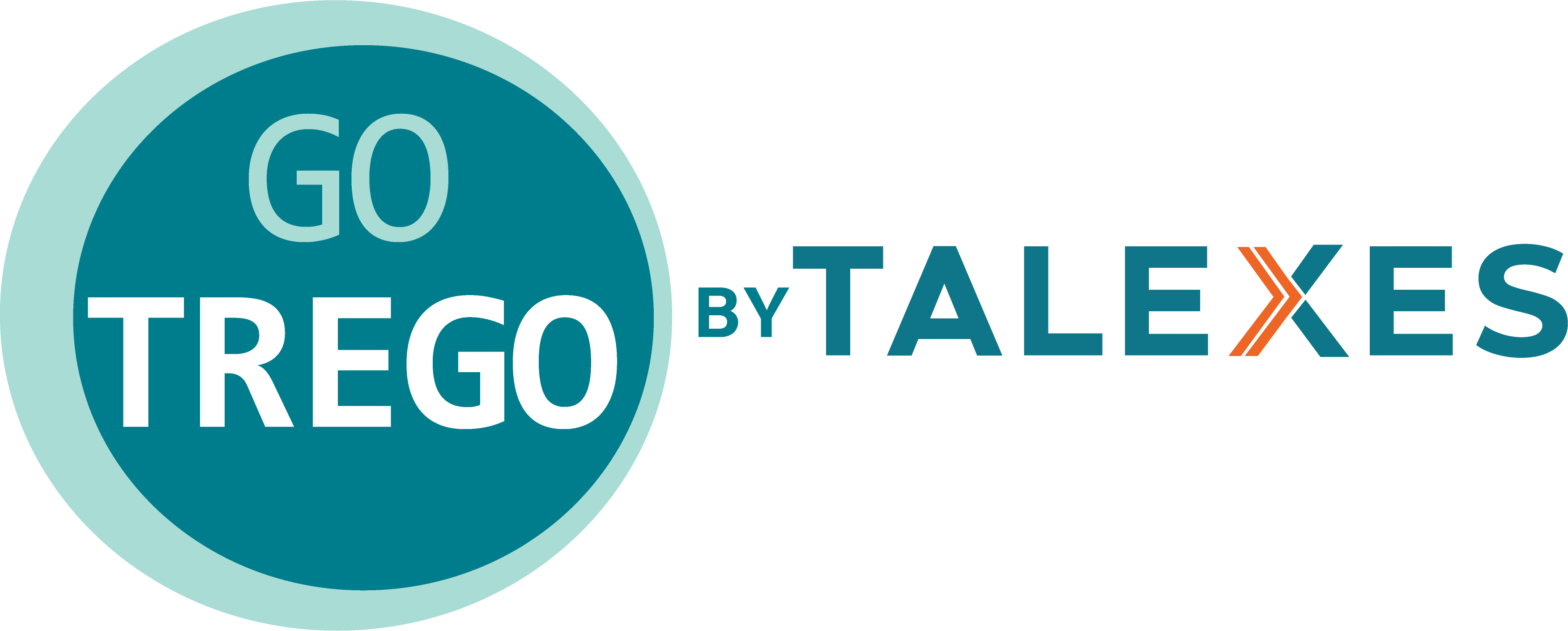In the fast-evolving auto industry, success depends not only on cutting-edge technology but also on the talent behind it. From engineering innovations to manufacturing efficiency, having the right employees in the right roles is critical. Traditional hiring and development methods often fall short in identifying top talent and optimizing workforce potential. This is where scientifically backed assessments come into play. These tools provide a data-driven approach to employee development, ensuring that organizations make informed decisions about hiring, training, and leadership growth.
Here’s why employee assessments are essential for auto industry businesses aiming to stay competitive and drive continuous improvement.
- The Science Behind Employee Assessments
Employee assessments are grounded in industrial-organizational psychology, designed to evaluate cognitive abilities, personality traits, and job-specific competencies. In the auto industry, where precision, problem-solving, and adaptability are crucial, these assessments help companies identify individuals who can thrive in high-pressure environments. By using standardized evaluation tools, businesses can make objective, fair, and predictive hiring and development decisions.
- Evaluating Problem-Solving and Technical Skills
Success in automotive roles—whether in engineering, manufacturing, or sales—requires a strong ability to analyze complex problems and devise innovative solutions. Cognitive assessments measure critical thinking, reasoning, and technical aptitude, ensuring employees are equipped to tackle industry challenges such as supply chain disruptions, regulatory changes, and emerging technologies.
- Understanding Personality for Role Fit
Beyond technical expertise, personality plays a vital role in job performance. Some employees excel in high-energy, customer-facing positions, while others thrive in detailed, analytical roles. Assessments help match individuals to jobs that align with their strengths and work styles, improving job satisfaction and retention rates. In the auto industry, where teamwork and collaboration are key, understanding personality dynamics ensures that teams function efficiently.
- Ensuring the Right Talent for the Right Role
Auto industry employers can use job compatibility assessments to match candidates with positions where they’ll be most effective. Whether it’s ensuring a production manager has the leadership skills to oversee a factory floor or identifying a technician’s ability to adapt to new automotive software, these assessments reduce turnover and improve performance by placing employees in roles that suit their capabilities.
- Leveraging AI and Data-Driven Insights
Modern assessments utilize artificial intelligence (AI) to analyze vast amounts of data, detecting patterns in employee performance and potential. AI-driven assessments help organizations refine their hiring processes, personalize training programs, and predict leadership success. In an industry moving toward automation and digitalization, leveraging technology for talent management is essential for staying ahead of the competition.
- Reducing Hiring Bias and Promoting Diversity
Unconscious bias in hiring and promotions can prevent organizations from fully leveraging available talent. Assessments offer an objective approach to evaluating candidates based on skills and potential rather than subjective impressions. By focusing on measurable competencies, auto companies can build diverse and inclusive workforces, fostering innovation and creativity in problem-solving.
- Enhancing Employee Development and Training
The auto industry is constantly evolving, with advancements in electric vehicles, AI-driven manufacturing, and sustainability initiatives. Employee development must keep pace with these changes. Assessments identify skills gaps, allowing businesses to tailor training programs to meet workforce needs. Whether through upskilling mechanics on EV diagnostics or training sales teams on new market trends, targeted development ensures employees remain competitive.
- Strengthening Team Dynamics for Productivity
High-performing teams are the backbone of successful automotive companies. Assessments provide insights into how employees communicate, collaborate, and handle conflict. By understanding team dynamics, managers can build more cohesive teams, improving productivity on assembly lines, in R&D departments, and across corporate offices.
- Ensuring Consistency and Reliability in Talent Decisions
For assessments to be effective, they must be both valid (accurately measuring key traits) and reliable (producing consistent results). Auto companies that implement scientifically validated assessments can trust that they’re making workforce decisions based on sound data, ultimately leading to better hiring, training, and leadership outcomes.
Conclusion
The auto industry’s future depends on innovation, and innovation starts with people. Employee assessments provide a structured, scientific approach to talent management, ensuring that businesses hire the right individuals, develop their skills, and build strong teams. By integrating assessments into workforce strategies, automotive companies can enhance employee development, reduce turnover, and drive long-term success. Those that embrace these tools will be well-positioned to lead in an industry defined by constant evolution and technological advancement.





